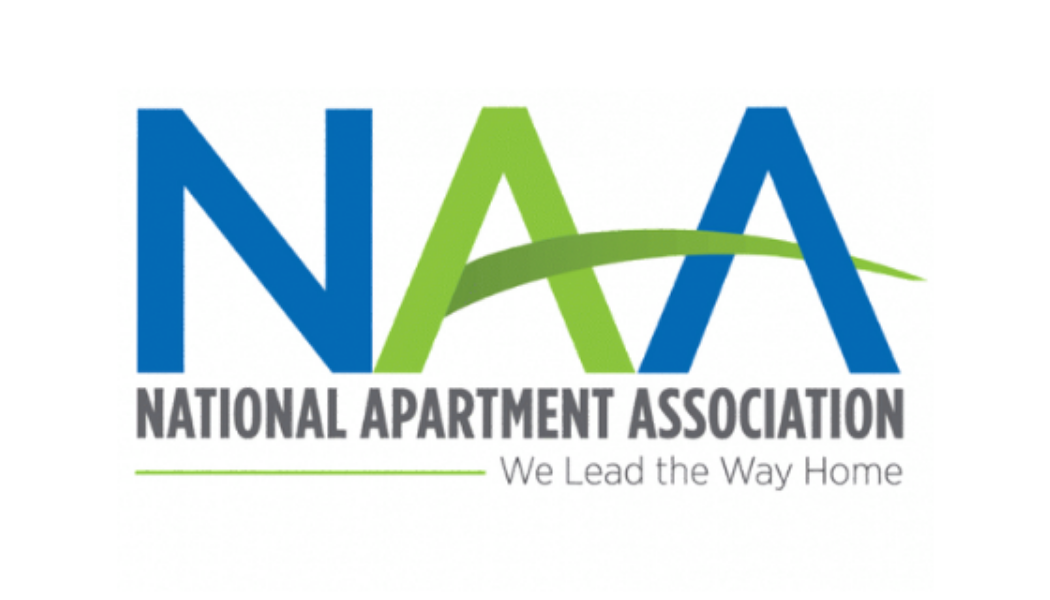The U.S. House of Representatives passed H.R. 925, a slimmed-down version of the HEROES Act originally passed by the House in May. The new, $2.2 trillion package passed by a vote of 214-207 and was advanced by House Democrats after negotiations on a compromise agreement with the Trump Administration and Senate Republicans broke down.
While we are pleased to see that the bill includes emergency rental assistance and other relief for businesses affected by COVID-19, the bill’s extension of the CARES Act eviction moratorium would devastate the rental housing industry.
Key provisions of the bill affecting the industry include:
- Dramatic expansion of the CARES Act eviction moratorium to apply to virtually all single-family and multifamily rental housing for 12 months following the date of enactment of the Act;
- Expanded access to mortgage forbearance to all multifamily borrowers;
- Authorization of $50 billion for emergency rental assistance for state and local governments to distribute through the Emergency Solutions Grant (ESG) program;
- Creation of a Second Draw Paycheck Protection Program (PPP) for businesses that can demonstrate deep financial impact from COVID-19 and opening PPP access to all 501(c) nonprofit organizations, such as apartment associations, as eligible borrowers;
- Suspension of negative consumer credit reporting during the COVID-19 pandemic and other declared major disasters plus 120 days, and requiring credit furnishers to remove adverse information (except as related to a felony criminal conviction);
- Ban on the collection of consumer debt during the COVID-19 crisis and for 120 days thereafter; and;
- Other elements include direct financial assistance to individuals and families (which could be used for rental obligations), additional funding for U.S. Department of Housing and Urban Development (HUD) housing programs and tax provisions.
NAA’s initial analysis of the bills’ key provisions can be found here.
We continue to aggressively lobby Congress and the Administration to ensure they understand the consequences of these policies. Just last month, NAA Chairman Mike Holmes led a meeting with White House officials to emphasize the need for emergency rental assistance, discuss concerns around federal eviction requirements and urge them to issue supplemental guidance to make it easier for rental housing providers to operationalize these new rules.
Separately, NAA and the National Multifamily Housing Council (NMHC) sent a letter to HUD, the Federal Housing Finance Agency (FHFA), the Department of Health and Human Services (HHS), and the U.S. Centers for Disease Control and Prevention (CDC) with specific recommendations for such guidance. NAA also joined with our real estate coalition partners to urge Congress and the Administration to focus on rental assistance as they discuss additional COVID-19 relief measures.
And, as announced last month, NAA has joined a lawsuit challenging the CDC’s unlawful, overreaching eviction moratorium. The CDC’s action poses grave danger to the long-term viability of our industry and renters’ financial security, and NAA is committed to challenging the order with additional legal actions throughout the country, as necessary. We will continue to update you on COVID-19 relief legislation and legal developments.
I close with my thanks to the thousands of you who have answered our many grassroots calls to action – you have ensured rental housing’s voice is heard throughout this debate. It is truly inspiring to see so many of you give your time and energy to this cause.
Stay safe and well,
Robert Pinnegar, CAE
President and CEO
